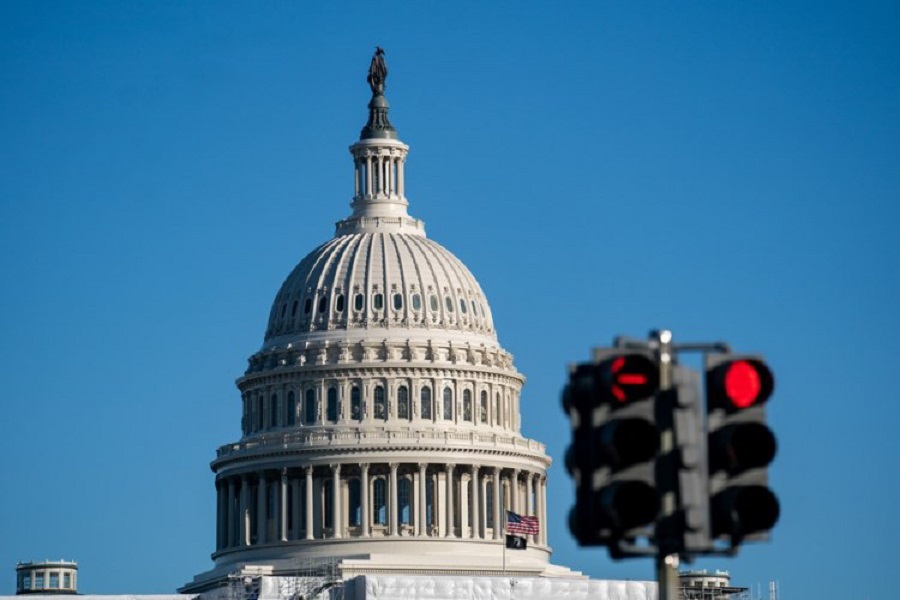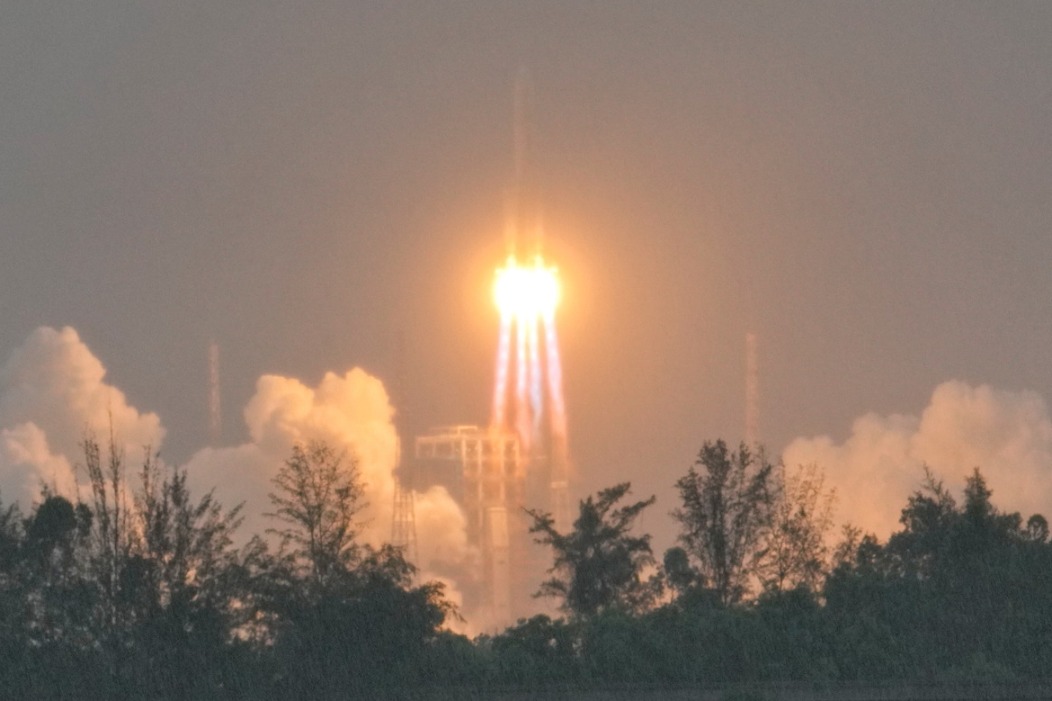Imperative those involved exercise restraint lest the Middle East powder keg explodes
China Daily | Updated: 2024-02-05 09:22

Following days of warnings, on Friday the United States launched a massive barrage of air strikes on dozens of sites in Iraq and Syria allegedly used by Iran-backed militias and Iran's Islamic Revolutionary Guard Corps.
This was in retaliation for the drone attack on the Tower 22 US base in Jordan that killed three US service members and injured dozens more.
President Joe Biden said earlier, this was only the start of a "tiered response". And it was only part of the opening salvo. Shortly before the assault, Washington announced a fresh wave of sanctions against Iran's cyber operations as well as ballistic missile and drone procurement programs. A number of entities and individuals were targeted. The US also reportedly conducted "cyber operations" on Friday against Iranian targets. On Saturday, US warships and US and British fighter jets struck dozens of Houthi targets in Yemen.
The Friday attacks, in Biden's own words, were meant to "let all those who might seek to do us harm know this: If you harm an American, we will respond". The strikes against targets in Yemen were also seen as a message to Iran that Washington holds the latter responsible for the recent militia attacks against US interests in the region.
The message was loud and clear. But so were the counter-messages. Iran "will not start a war, but if a country, if a cruel force, wants to bully us, the Islamic Republic of Iran will give a strong response", said Iranian President Ebrahim Raisi on Friday, prior to the US attacks. A Houthi official was quoted as saying on Saturday that their "military operations against Israel will continue", the "American-British aggression against Yemen will not go unanswered, and we will meet escalation with escalation".
The White House doesn't want escalation. At least not now, not in the Middle East. It is obviously already preoccupied with concerns elsewhere. That was why all the strikes, from Iraq to Syria to Yemen, have steered clear of targets in and of Iran.
Nor does Iran. Teheran has so far distanced itself from the attacks, insisting those militias are not taking orders from it in carrying out the attacks.
The decision-makers in Washington know very well a knockout blow, as some hard-liners proposed, is unlikely to be viable. But something must be done, Biden's bid for reelection demands it. US voters need to be told he is the one they can count on when it comes to safeguarding US interests. After all the missiles, however, at the end of the day, they should also recall the bloody lessons from the past decades in the Middle East: that force is the least effective answer to the troubles in the region.
Further escalation of the situation in the Middle East is in no party's interest. All involved should consider the potential ramifications of a wider conflict in the already volatile region so they realize how imperative it is that they take practical steps to reduce tensions.
























